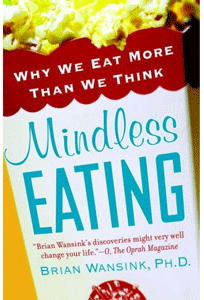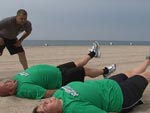Popular Reviews
- Shakeology Review
- Viritenz Review
- Isagenix Review
- Jenny Craig Review
- Protein World Review
- Paleo Diet Review
- Ideal Protein Review
- PhenQ Review
- Weight Watchers Review
- Pure Slim 1000 Review
- Alli Review
- Phen375 Review
- Leptigen Review
- It works Review
- The Thrive Diet Review
- Plexus Slim Review
- Almased Review
- Xyngular Review
- SlimQuick Review
- Relacore Review
- Lipozene Review
- ProbioSlim Review



 ure on unfinished emotional business; and learning new ways to cope without resorting to food”. Just that statement could be overwhelming with all the difficult things that are included. One issue many have with
ure on unfinished emotional business; and learning new ways to cope without resorting to food”. Just that statement could be overwhelming with all the difficult things that are included. One issue many have with 

